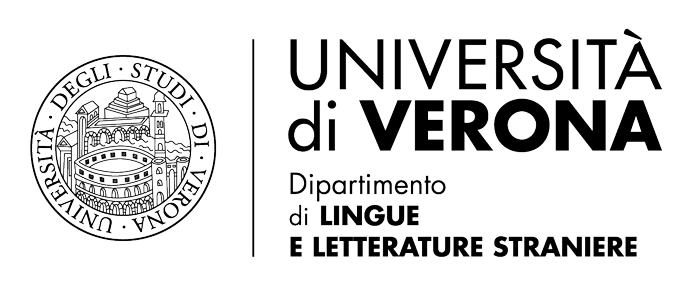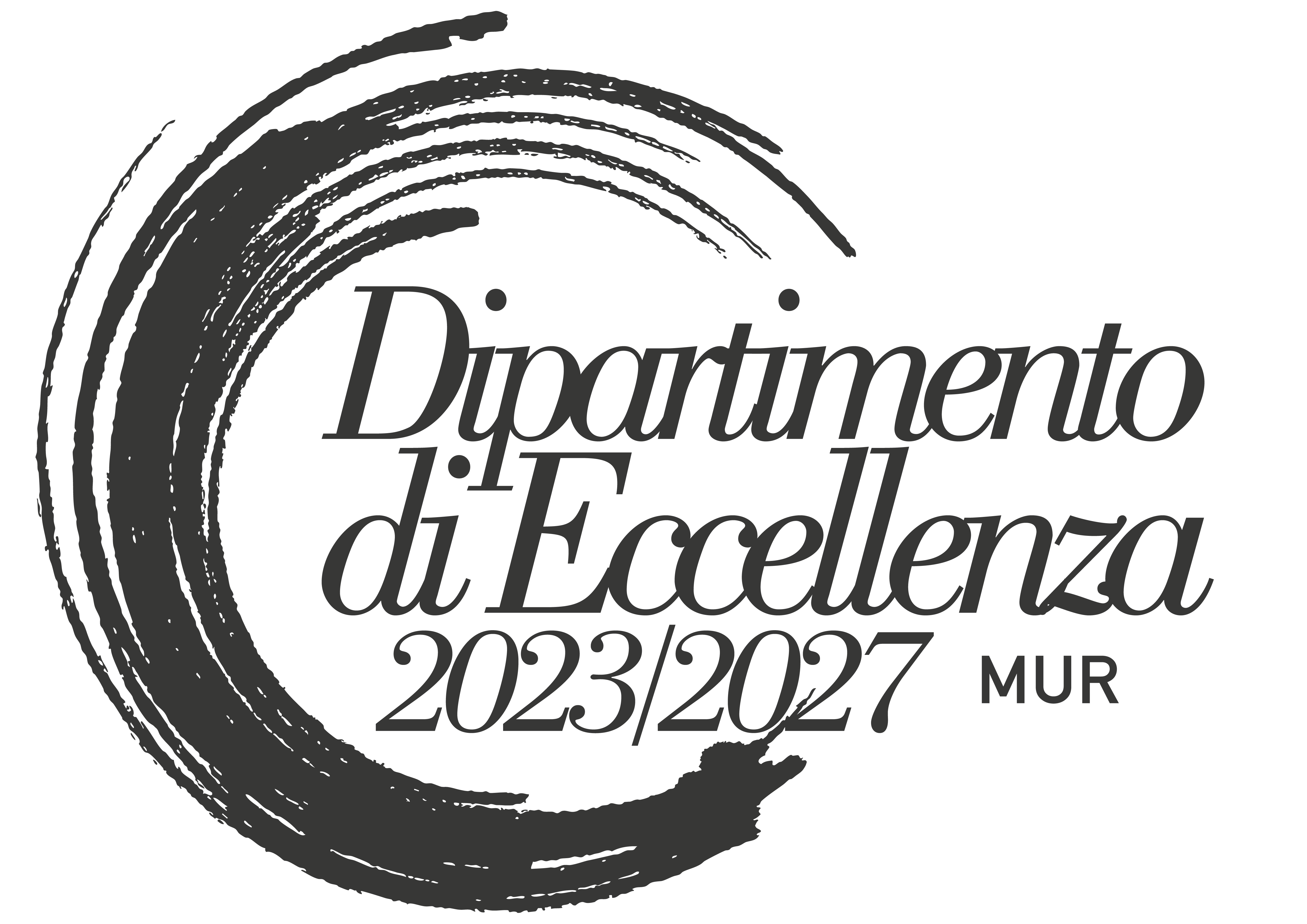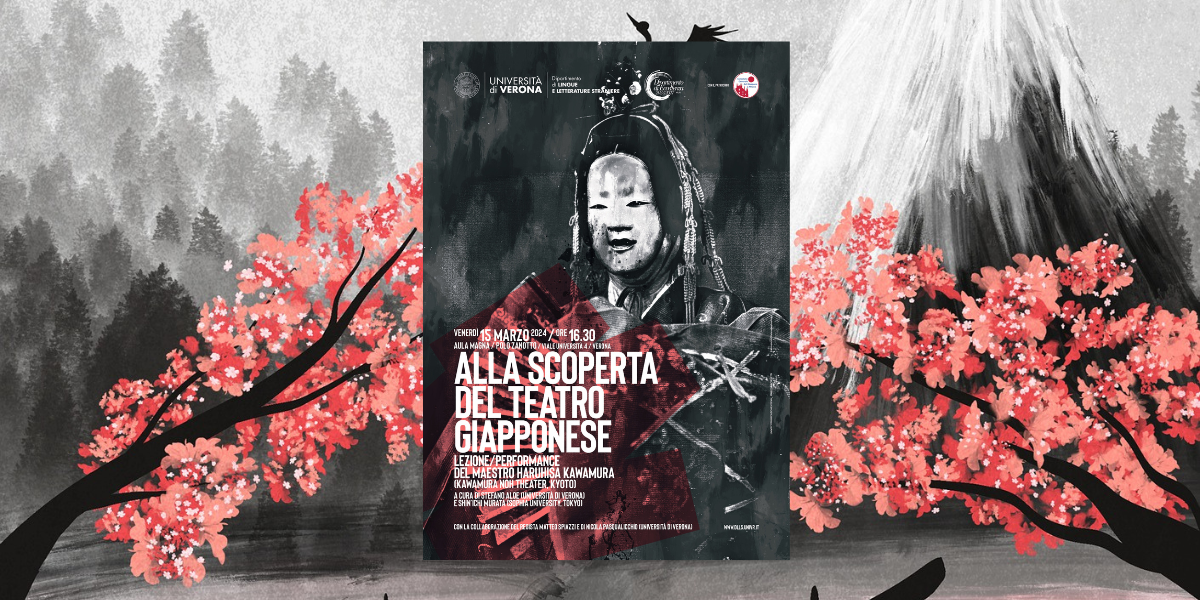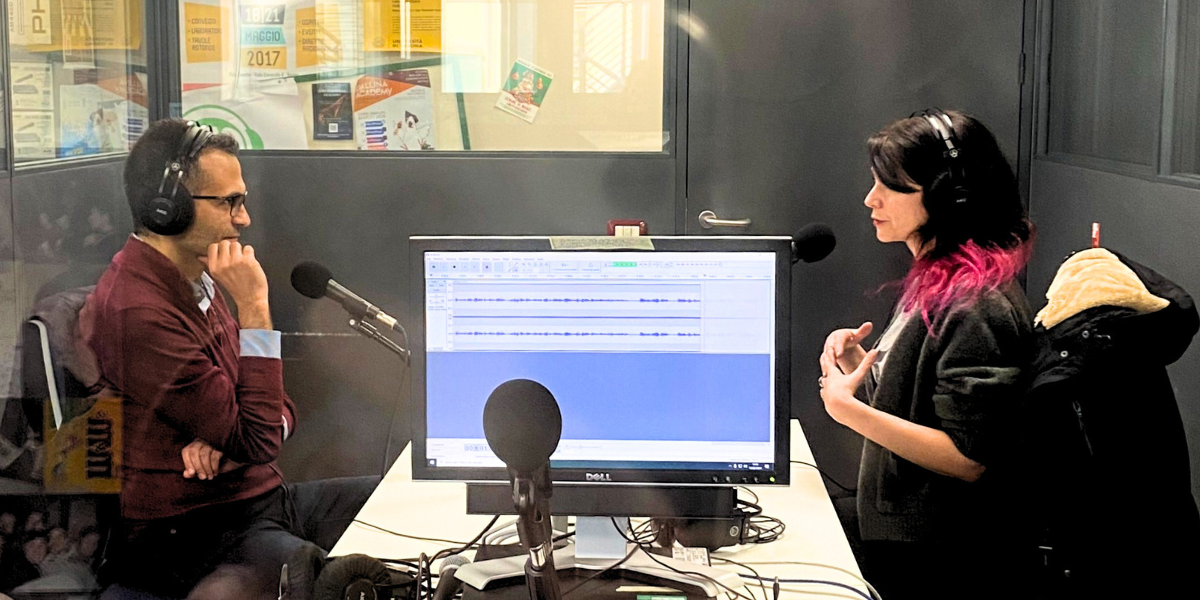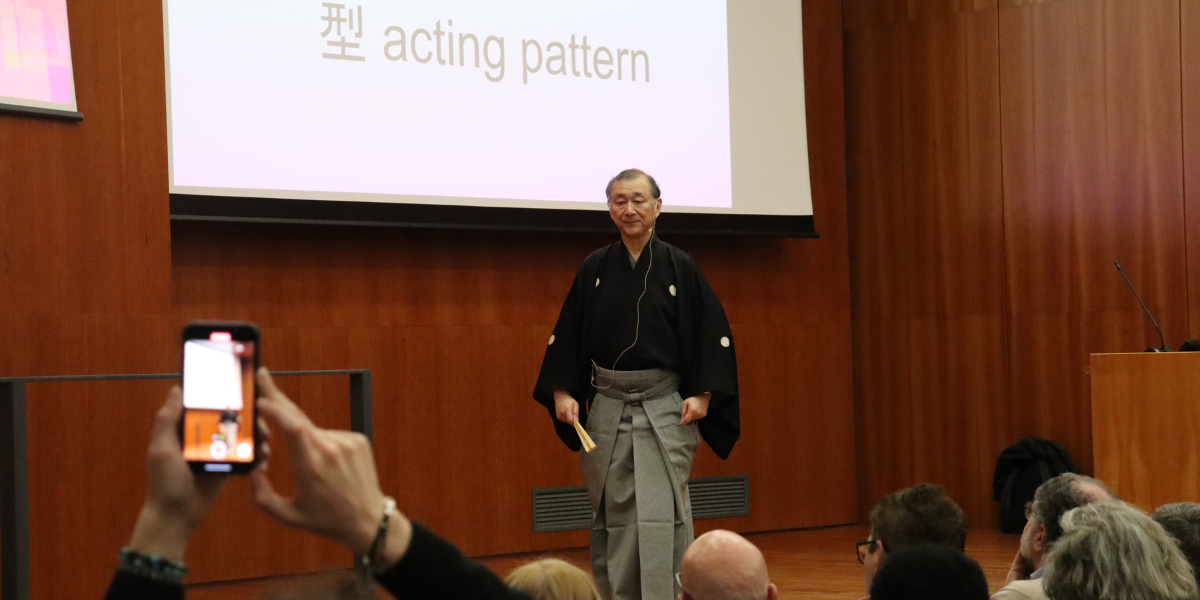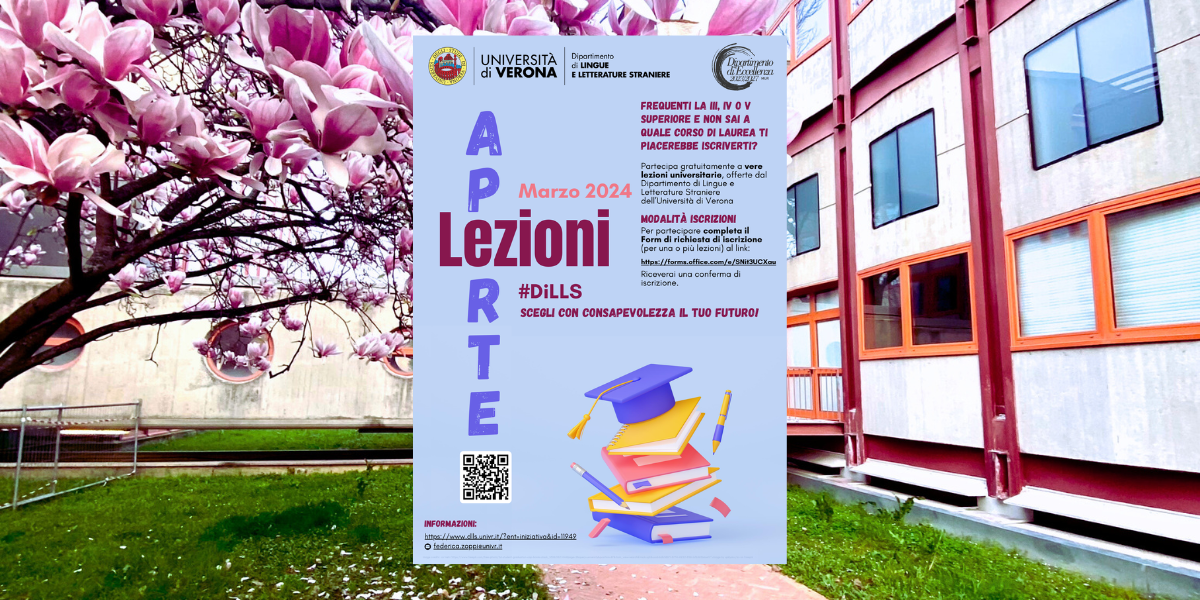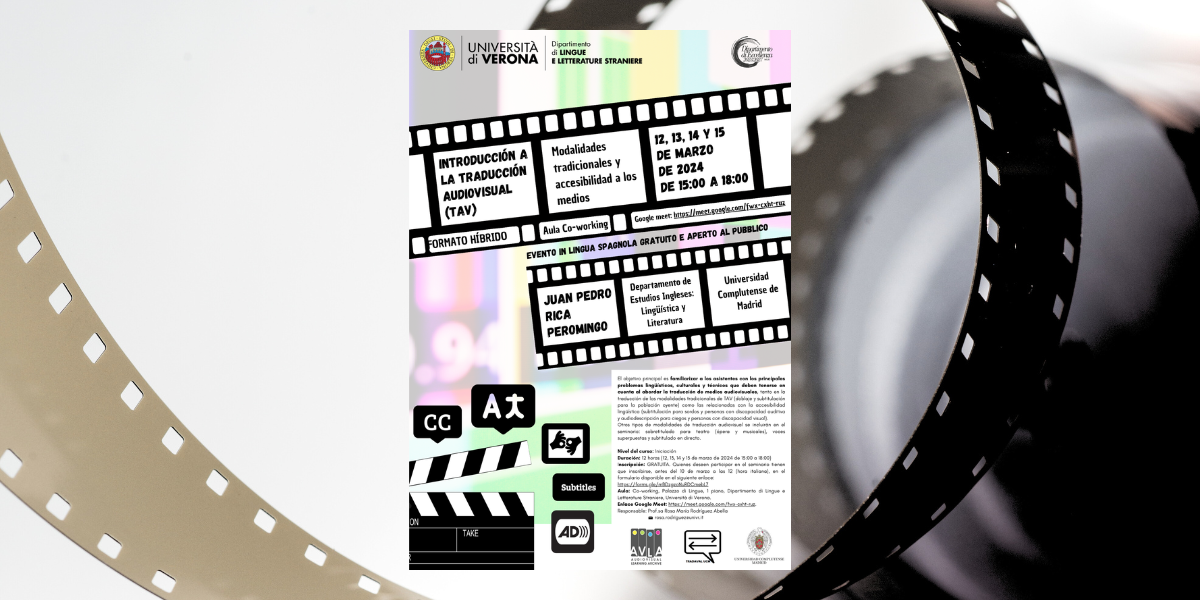On Friday, 15 March, 2024, at 4:30 p.m. in the Aula Magna of the Polo Zanotto (Viale Università 4, Verona), the event “Discovering Japanese Theatre” will take place. This unique event will feature both a practical and theoretical demonstration of the ancient art of Noh, the traditional Japanese theatre, presented by one of its greatest living interpreters, Master Haruhisa Kawamura of the Kawamura Noh Theatre in Kyoto.
For one afternoon, the University of Verona will be immersed in the enchanting traditions of the Far East. The event is promoted by Stefano Aloe, professor in the Department of Foreign Languages and Literatures, and Shin’ichi Murata from Sophia University in Tokyo, in collaboration with director Matteo Spiazzi and Nicola Pasqualicchio, professor of Performing Arts at the University of Verona.
“Master Kawamura has extensive experience in introducing the art of Noh to a diverse audience. He has held demonstrations in many cities worldwide, showcasing the unique style, acting, and dance of this extraordinary and ancient form of traditional Japanese theatre”, explains Aloe. “This is Kawamura’s first time in Italy, and Verona will be the central stop of his small tour. It is rare to have the opportunity to experience this form of art in Europe, and given the extraordinary artistic level of our guest, this is truly a not-to-be-missed event for the city”.
Noh is a traditional Japanese theatre form that originated around the 14th century. Declared a UNESCO heritage in 2003, it is regarded as one of Japan’s most significant performing arts. Haruhisa Kawamura, born in Kyoto in 1956, made his stage debut at the age of three under the guidance of his father, Haruo Kawamura. He studied Noh under Master Kiemon Hayashi XIII and has since become one of the leading figures in this traditional Japanese theatre. Kawamura has dedicated himself to promoting Noh both in Japan and internationally, giving more than 50 lectures abroad, including at Harvard University and UNESCO headquarters. In 2005, he was a cultural ambassador for the Agency for Cultural Affairs.
Kawamura strives to embody the spirituality of Noh, an art practiced for over 600 years, and is actively involved in projects aimed at passing this tradition on to future generations.
Photo by courtesy of: (©KinnohoshiWatanabeshashinjo)

